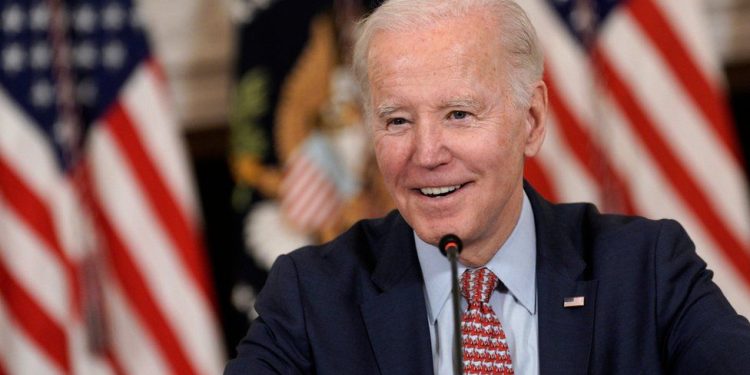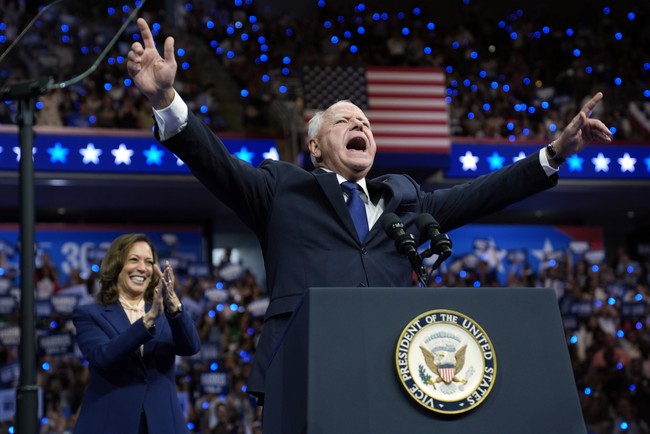The White House has released a new memo outlining President Joe Biden’s key priorities as he works to achieve his remaining goals before leaving office next month. The priorities include expanding clemency and pardons, advancing climate initiatives, providing additional student debt relief, and addressing concerns about artificial intelligence (AI), according to senior advisor and communications director Ben LaBolt. Biden will also focus on allocating remaining funds from signature legislative achievements like the Inflation Reduction Act (IRA) and the CHIPS Act.
“The President has been clear to his team that we need to make every day count and build on the historic progress we have made,” LaBolt stated in the memo. “In the coming weeks, you will see him do just that.”
On December 12, Biden granted clemency to 39 people convicted of non-violent crimes and commuted the sentences of nearly 1,500 others, marking the largest single-day clemency action in U.S. history. To date, Biden has commuted more sentences than his recent predecessors and issued groundbreaking categorical pardons for individuals convicted of marijuana possession and for LGBTQ+ military personnel punished for their sexual orientation.
“In the coming weeks, the president will take additional action in the clemency and pardons space,” LaBolt added.
Climate action, a cornerstone of Biden’s presidency, remains another focus. Through a combination of executive actions and major legislation like the IRA, Biden has sought to combat climate change. The White House stated that in his final weeks, the president will continue “taking action to protect our lands and waters and continue our climate ambition alongside state, local, tribal, and business leaders.”
Addressing AI is another pressing priority for the administration. Biden issued a national security memorandum on AI in October, emphasizing the importance of the United States leading the global effort in responsibly applying AI to national security functions. During a speech at the U.N. General Assembly on September 24, Biden warned about the risks AI poses, such as creating deepfakes, disinformation, and bioweapons.
“Nothing is certain about how AI will evolve or how it will be deployed. No one knows all the answers,” Biden said, urging international collaboration to address these challenges.
The administration also aims to deliver additional student debt relief. As of October, the Biden administration had approved $175 billion in student loan forgiveness for nearly 5 million borrowers.
In addition, Biden is focusing on distributing the remaining funds allocated by his legislative achievements. According to LaBolt, 98% of the funds from the IRA and the $1.2 trillion Infrastructure Law have already been allocated. Biden has instructed staff to ensure the remaining funding is distributed before his term ends.
For example, on December 11, the Biden administration awarded $735 million in grants to fund the purchase of 2,400 zero-emission heavy-duty vehicles. A day earlier, $6.2 billion in CHIPS Act funding was allocated to Micron Technology for constructing several memory chip facilities in the United States. Micron plans to invest $125 billion in these projects over the next two decades, according to the Department of Commerce.
“A Presidency is not measured just in weeks, months, or four-year terms alone—rather its impact is evaluated for years and decades to come,” LaBolt concluded. “The dividends of the Biden-Harris Administration will continue to transform the country long after January 20, 2025.”
 Telegram is where we really talk. Don't miss out!
Telegram is where we really talk. Don't miss out!








